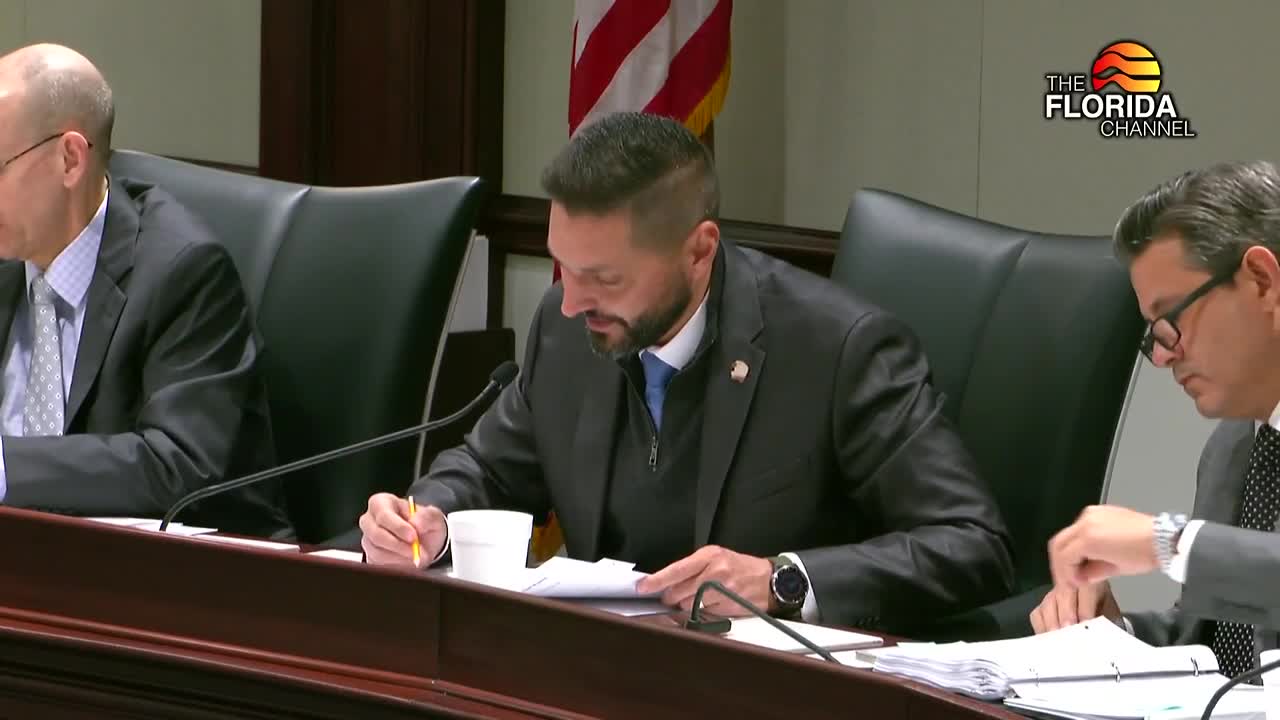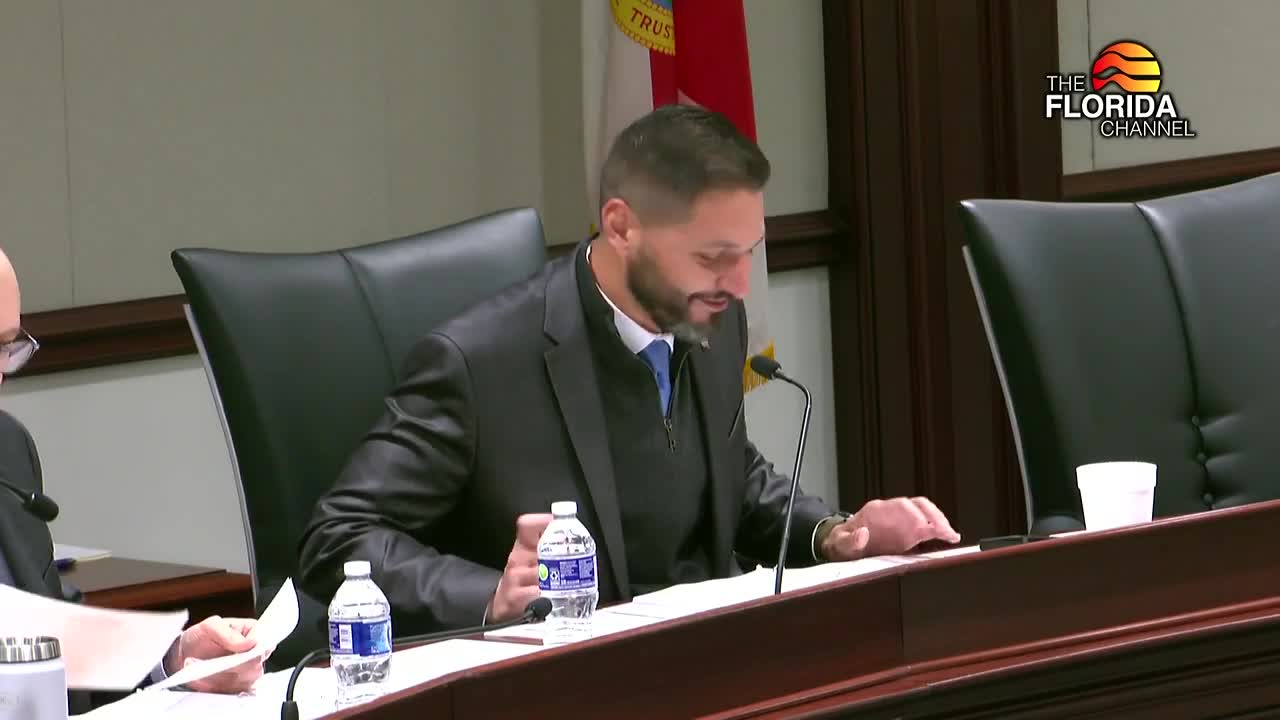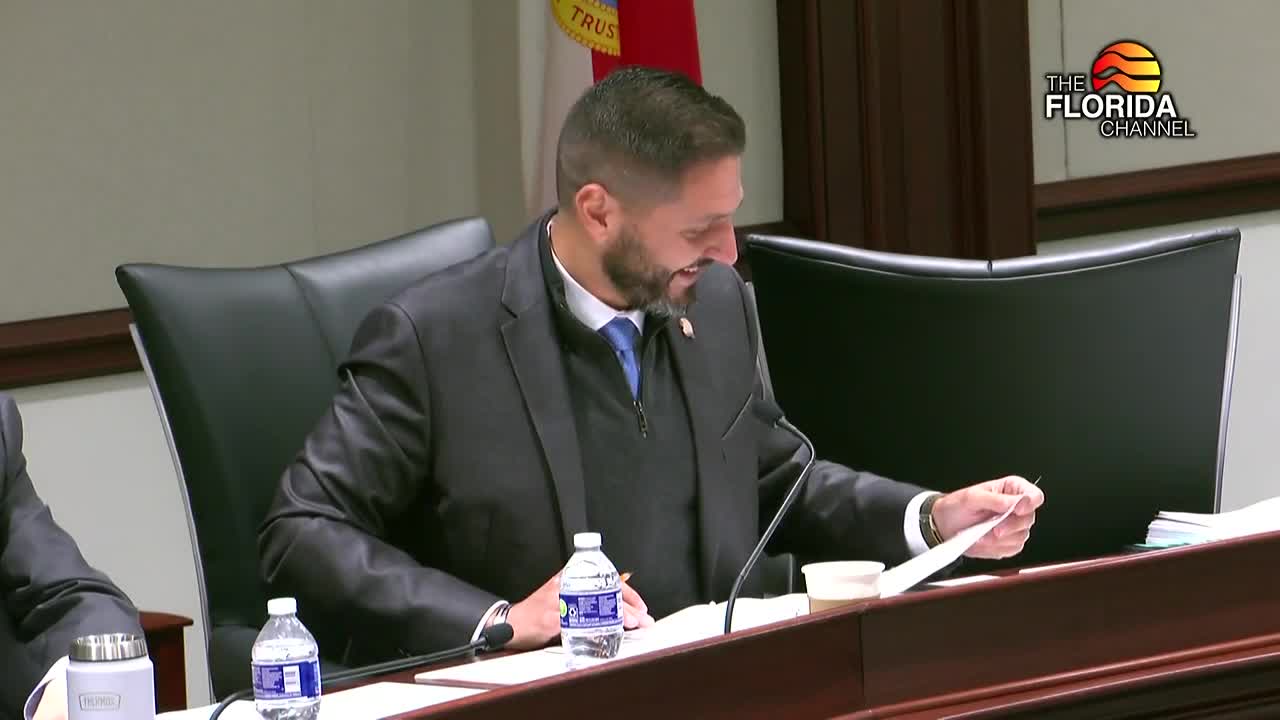Article not found
This article is no longer available. But don't worry—we've gathered other articles that discuss the same topic.

Committee backs wide-ranging school deregulation bill changing assessments, evaluations and district controls

Panel advances bill directing DOE to develop workforce credentials, badges for students with autism

